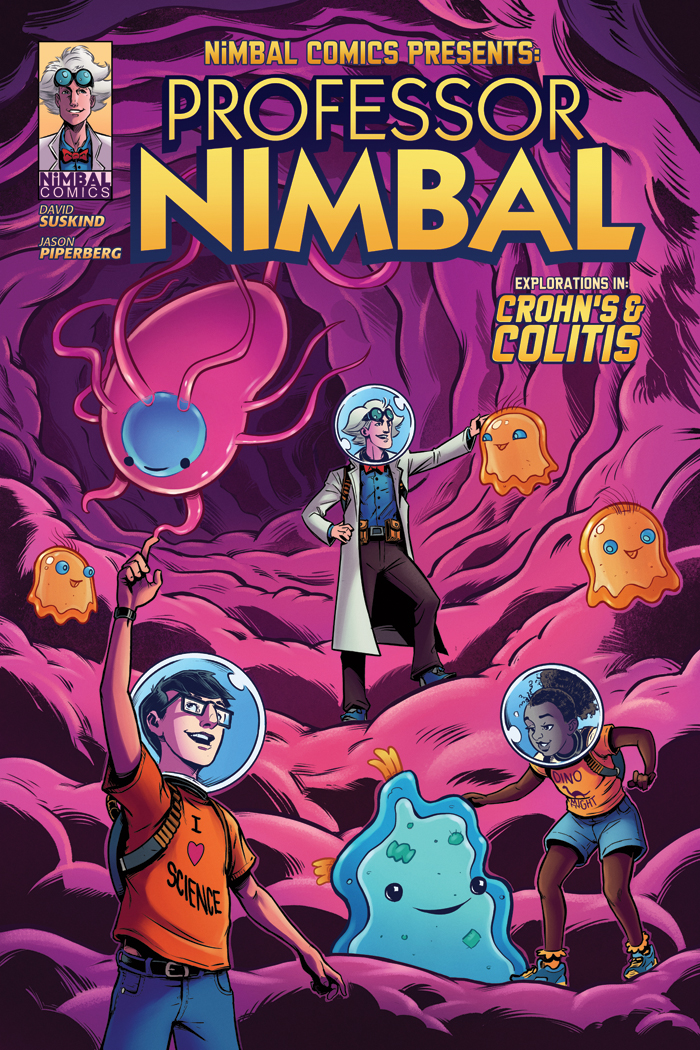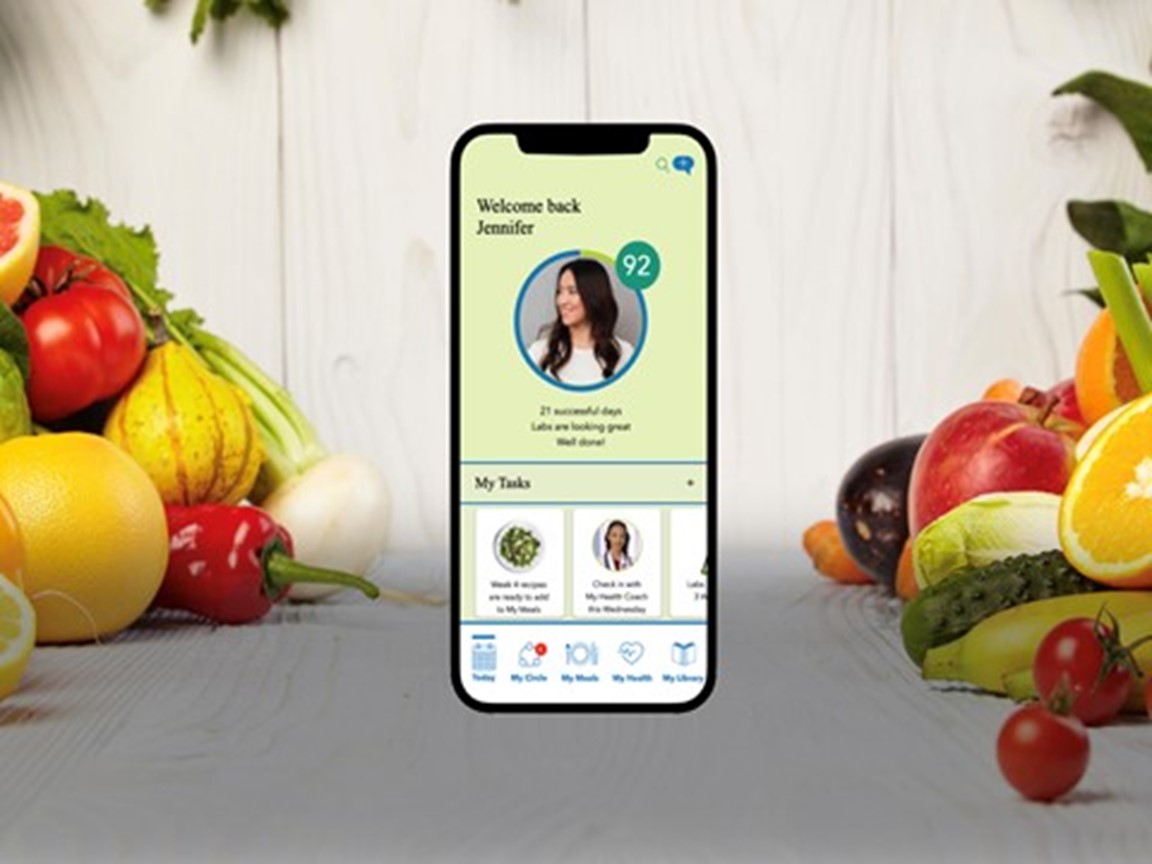Following dietary therapy can be challenging. The Specifc Carbohydrate Diet has evolved over the years since Dr. Sydney Haas first reported on it. Since then we have learned much but there is still much more for us to learn. Below are foods that are allowed (legal) and foods that are not allowed (illegal) based off of Dr. Sydney Haas's initial description of the diet and Elaine Gottschal's Breaking the Vicious Cycle and our current research. In addition this food list includes up to date evidence based information on current research in foods.
A | B | C | D | E | F | G | H | I | J | K | L | M | N | O | P | Q | R | S | T | U | V | W | X | Y | Z
| Type of Food | SCD Approval | Explanation | NiMBAL Research |
| Acai | Unclear | Acai, or Euterpe oleracea Mart, is a berry native to South America which is high in antioxidants and polyphenols | Literature suggests that Acai lowers levels of pro-inflammatory cytokines in several studies. Further research is required to understand the full impact of acai on IBD. |
| Achacha | Legal | A small, prolifically-fruiting tree related to the Mangosteen. High in antioxidants, vitamin C, and potassium. | Although considered legal, no studies have been done in humans. |
| Acorn Squash | Legal |
Acorn Squash is very low in saturated fat, cholesterol and sodium. It is also a good source of dietary fiber, vitamin A, Vitamin B6, Vitamin C, Thiamin, folate, Potassium and Magnesium. |
High in glutathione, a potent antioxidant. |
| Agar-agar | Illegal |
Plant based alternative to gelatin derived from Seaweed. |
Rich in polysaccharides, enhances the growth of lactic acid bacteria which can aggravate IBD. However, some studies have shown that agar-agar reduces levels of pro-inflammatory cytokines through the production of short chain fatty acids. |
| Agave syrup | Illegal | As it turns out, agave has a higher fructose content than any other common sweetener, more even than high fructose corn syrup (HFCS). | Consumption of high concentrations of fructose can lead to fructose malabsorption, worsening IBD symptoms as well as inflammation. |
| Alfalfa | Illegal | Ground alfalfa seeds and leaves are sold as nutritional supplements, and alfalfa sprouts are often included in salads. | Literature suggests that alfalfa supplementation can suppress the production of pro-inflammatory cytokines. Further research is required to understand the full impact of alfalfa on IBD. |
| Algae | Illegal | Anecdotal evidence/recommendations to avoid algae (Spirulina) because of potential to aggravate IBD have been made. | A few basic research studies suggest anti-inflammatory effects of components of algae. However, spirulina contains a high concentration of iron, which can aggravate IBD. Further research is required to understand the full impact of algae on IBD |
| Allspice | Legal | As long as you're just using Allspice as a cooking spice, it's legal. Don't use the oil. | Allspice is high in eugenol, quercetin, and gallic acid which have been shown to have anti-inflammatory effects. |
| Almond butter | Legal | Almond butter with no sugar added is allowed. | Frequent nut consumption is associated with a healthy profile of inflammatory biomarkers. |
| Almond milk | Legal | Almond milk containing xanthan gum is not permitted. | Frequent nut consumption is associated with a healthy profile of inflammatory biomarkers. |
| Almond oil | Legal | Use refined almond oil for sautéing (due to its high smoke point), and cold-pressed almond oil as a drizzle on salads. | Frequent nut consumption is associated with a healthy profile of inflammatory biomarkers. |
| Almonds | Legal | Nuts should only be used as nut flour, in recipes, until diarrhea has subsided. Make sure there is not starch coating on the nuts. | Frequent nut consumption is associated with a healthy profile of inflammatory biomarkers. |
| Aloe Vera | Illegal | Aloe Vera contains mucilaginous polysaccharides and increases the release of tumor necrosis factor a potent stimulator of the immune system. | Oral aloe vera taken for 4 weeks produced a clinical response more often than placebo in active UC. Despite this single study would recommend avoid Aloe Vera until further research. |
| Amaranth flour | Illegal | Amaranth is a grain substitute which comes from a perenial plant. This gluten free grain is not allowed on the SCD. |
While studies have shown amaranth to have anti-inflammatory function, grains contain antinutrients which disrupt mineral absorption, as well as complex carbohydrates which lead to bacterial fermentation and intestinal permeability. Further research is required to understand the full impact of amaranth on IBD. |
| Anchovies | Legal | A small, oily fish. High in omega-3 fatty acids and calcium. | Omega-3 fatty acids have been shown to support the production of short-chain fatty acids, which are anti-inflammatory. |
| Anise | Legal | Also called aniseed, anise is a spice used in Mediterranean cuisine. | Anise contains anethole, which has been shown to inhibit pro-inflammatory signaling pathways. |
| Apples | Legal | High in vitamin C and polyphenols. | Vitamin C reduced oxidative stress and inflammation in a colitis-induced animal model. The polyphenols in apples were shown to reduce colonic inflammation in another animal model. |
| Apple Cider | Legal | Cider usually is considered straight pressed from the apples. This gives it a darker fuller appearance. The labeling of apple cider and apple juice is a tricky one and in most places there is no legal standard. Cider should be diluted with water before drinking. | In addition to the other health benefits of apples, apple pulp contains pectin, which has been shown to support the production of anti-inflammatory short-chain fatty acids |
| Apple Juice | Illegal | The concern with apple juice is usually related to added sugar during processing. Pure apple juice from whole apples is chemically not unlike pure apple cider minus the pulp. The labeling of apple cider and apple juice is tricky as there are no legal standards in most places. | Further research is required to better understand the difference between juice versus cider in dietary therapy. |
| Apricots | Legal | Available as fresh fruit, dried fruit, or apricot kernel extract. Dried apricot is high in vitamins A and E, plus iron and potassium. | Apricot kernel extract exerted anti-inflammatory effects in a colitis-induced animal model. |
| Arrowroot | Illegal | Arrowroot is a mucilaginous herb. Mucilaginous herbs contain starches which may negative impact the fecal microbiome. | Starches promote the development of Klebsiella species, which have been implicated in Crohn’s disease. |
| Artichokes (French) | Legal |
This bud of a flowering plant is a delicious addition to any dinner. Remember the butter! |
Rich in antioxidants, which have been shown to reduce levels of pro-inflammatory cytokines in IBD patients. |
| Artichokes (Jerusalem) | Illegal |
Jerusalem artichokes are tubers, and are not legal. |
Jerusalem artichokes contain starches, which promote the growth of bacteria implicated in IBD. |
| Arugula | Legal | A cruciferous vegetable also known as rocket. | Studies show that isothiocyanate, produced through arugula digestion, is anti-inflammatory. |
| Asafoetida | Illegal | Asafoetida is the dried latex exuded from the tap root of several species of Ferula, a perennial herb. | Further research on asafoetida and IBD needs to be conducted. |
| Ascorbic acid | Legal | Ascorbic acid is Vitamin C. If taking this make sure there are no other additives within. In addition excessive vitamin C can cause abdominal pain, bloating and diarrhea. | Vitamin C reduced oxidative stress and inflammation in a colitis-induced animal model. |
| Asiago cheese | Legal | Asiago cheese is aged longer than 30 days, thereby degrading the lactose. May be consumed occasionally. | Consumption of cheese has been shown to support healthy bacterial species and decrease harmful bacterial species. |
| Asparagus | Legal | Fresh or frozen is allowed. Avoid canned vegetables. | Rich in vitamin K and antioxidants, asparagus has been shown to be anti-inflammatory. |
| Aspartame | Illegal | Although legal on the classic SCD diet, there is concern with non-IBD health effects with use of this sweetner. | There continues to be controversey over the use of aspartame. Would recommend avoiding. |
| Aspartic acid | Legal | A nonessential amino acid, can be taken as a supplement. Naturally occurring in oysters, wild game, avocado, and asparagus. | Although considered legal, no studies have been done in humans. There are some animal studies which suggest that aspartic acid may be helpful in IBD but this can be very difficult to translate into human usage. |
| Astragalus | Illegal | Astragalus is a large genus of about 3,000 species of herbs and small shrubs, belonging to the legume family. | Astragalus treatment reduced the level of pro-inflammatory cytokines in intestinal epithelial cells. Further research is required to understand the full impact of astragalus on IBD. |
| Aubergine (eggplant) | Legal | A meaty, purple fruit. | Eggplant is rich in anti-inflammatory antioxidants. |
| Avocado | Legal | Avocadoes provide a substantial amount of healthy monounsaturated fatty acids (MUFA) and contain nearly 20 vitamins and minerals. | This naturally nutrient-dense food can help improve weight gain on the dietary therapy. |
| Avocado oil | Legal | Works well in mayonnaise and salad dressings as well as for sautéing due to its high smoke point. | Avocado oil is rich in monounsaturated fatty acids and reduces pro-inflammatory cells. |



